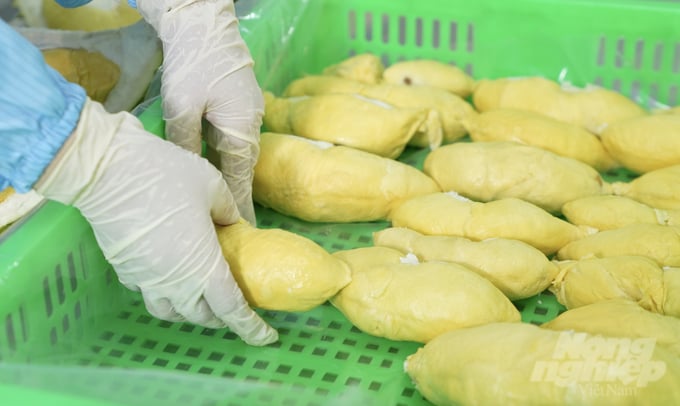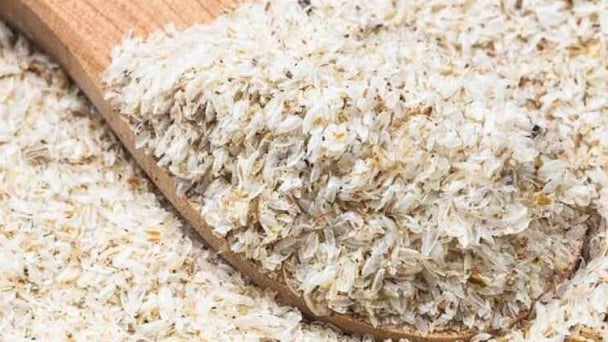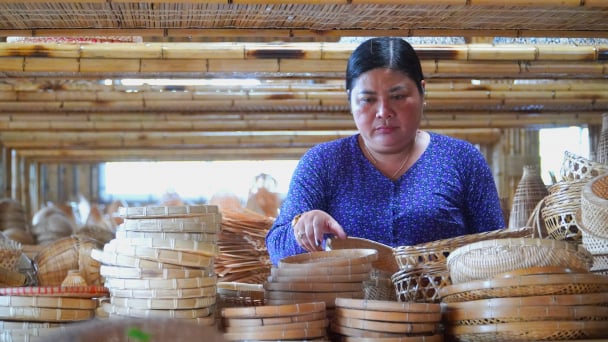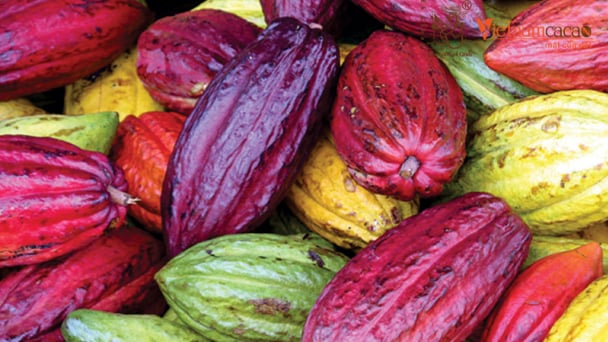May 28, 2025 | 08:44 GMT +7
May 28, 2025 | 08:44 GMT +7
Hotline: 0913.378.918
May 28, 2025 | 08:44 GMT +7
Hotline: 0913.378.918
“I’ve observed that they focus on the quality of our products, regardless of the price. Beijing is a premium market where consumers are willing to pay for high-quality goods,” said Ms. Ngo Tuong Vy, General Director of Chanh Thu Group.
According to Ms. Vy, events like the Vietnam Fruit Festival are vital in promoting Vietnamese agricultural products. These events also help Vietnamese businesses gain confidence in accessing the Beijing market and the broader Chinese market.

Ms. Ngo Tuong Vy showcases fresh Vietnamese durian to customers. Photo: Vo Viet.
In addition to the 12 types of fruit that are officially exported, the Vietnam Fruit Festival serves as a stepping stone for Vietnamese farmers and businesses. This sentiment is shared by many Vietnamese and Chinese enterprises attending the Festival.
“In the past, some businesses or farmers prioritized price over quality. But I want to stress that China is a demanding market, and Beijing is a high-end one. Our focus should be on delivering quality products. I’m not worried about being unable to sell our goods; I’m only concerned about the risk of offering subpar products,” said Ms. Vy.
Regarding larger enterprises and supermarkets - where Chanh Thu's products command a significant market share every year - Ms. Vy noted that most common concern is whether Vietnam suppliers have their raw material zones or purchase directly from smallholder farmers.
China, similar to Europe and the U.S., places significant importance on sustainable supply chains and product traceability.
After many years of navigating a market with over 1.4 billion consumers, Ms. Vy shared that her experience reveals foreign partners are extremely meticulous, cautious, and thorough when selecting Vietnamese businesses to collaborate with, particularly those willing to build brands and secure shelf space in major supermarkets.
“Today presents an opportunity for us to listen to the market, gather information, and understand how Chinese businesses evaluate our products. Vietnamese businesses will serve as a bridge, helping communicate this feedback to farmers, ultimately steering them toward a sustainable, high-quality supply chain.”
As the representative of one of Vietnam's largest durian businesses, Ms. Vy highlighted a significant advantage of Vietnamese agricultural products: they are available year-round, a blessing that other countries do not enjoy.
“I’ve heard feedback from both Chinese consumers and Vietnamese people living in China. One consistent message is that the quality of our fruits tends to be inconsistent. Meanwhile, Thailand consistently delivers high-quality products, which makes their goods more reliable in the market. Unfortunately, some Vietnamese businesses are tarnishing the reputation of our entire industry,” Ms. Vy noted.
The General Director of Chanh Thu Group believes that to elevate the standing of Vietnamese agricultural products, there must be strong, sustainable cooperation among businesses, farmers, and cooperatives. “This isn’t just about building the brand of an individual business. We need to think about building a national brand. For instance, how can we make Chinese consumers recognize and appreciate Vietnamese durian on par with Thai or Malaysian durian? If we approach this correctly, we will undoubtedly reach new heights. The national brand should be our ultimate goal.”

According to the General Department of Customs of Vietnam, fruit and vegetable export turnover in September surpassed 920 million USD, marking a 9.1% increase over the previous month and a 37.9% rise compared to the same period in 2023. This is a record-breaking achievement, largely driven by the durian harvest in the Central Highlands provinces.
In the first nine months of 2024, the country's fruit and vegetable export turnover reached nearly 5.7 billion USD, an impressive increase of nearly 34% compared to the same period last year.
China remains Vietnam’s top export market for fruits and vegetables. In the first eight months of the year, China spent approximately 3.1 billion USD importing these products from Vietnam, a 36% increase year-over-year. The U.S. follows as the second-largest market, importing nearly 227 million USD worth of fruits and vegetables, an increase of 35% over the same period last year.
On August 19th 2024, China officially opened its market to Vietnamese durian by signing a protocol that allows for the importation of frozen durian. This development presents a significant opportunity for Vietnam’s durian industry to enhance its value and mitigate risks associated with relying solely on the export of fresh products.
Translated by Quynh Chi

(VAN) Vietnam’s fruit and vegetable exports to the U.S. are rising sharply, and exporters are hoping that any upcoming reciprocal tariffs will be set at manageable levels.

(VAN) Despite meeting quality standards, Vietnamese rice bran exporters still face difficulties with administrative procedures under the new protocol.

(VAN) The U.S. is tightening import tariffs and origin inspections, requiring Vietnamese businesses to proactively prepare in terms of legal compliance, supply chains, and appropriate export strategies.

(VAN) Russia more than doubled halal poultry exports in 2024, aiming to further boost sales by the end of the decade.

(VAN) Amidst the current intense competition, businesses must establish sustainable linkages, prioritize technological investments, build brand identity, and obtain international certifications.

(VAN) As director of the Thuy Tuyet Bamboo and Rattan Handicraft Cooperative in Soc Trang, she has revitalized a traditional craft, generating sustainable livelihoods for hundreds of workers - particularly from the Khmer ethnic minority.

(VAN) Vietnam has been classified as a ‘low-risk’ country for deforestation under EUDR, granting local producers a strategic edge in sustainable market development.